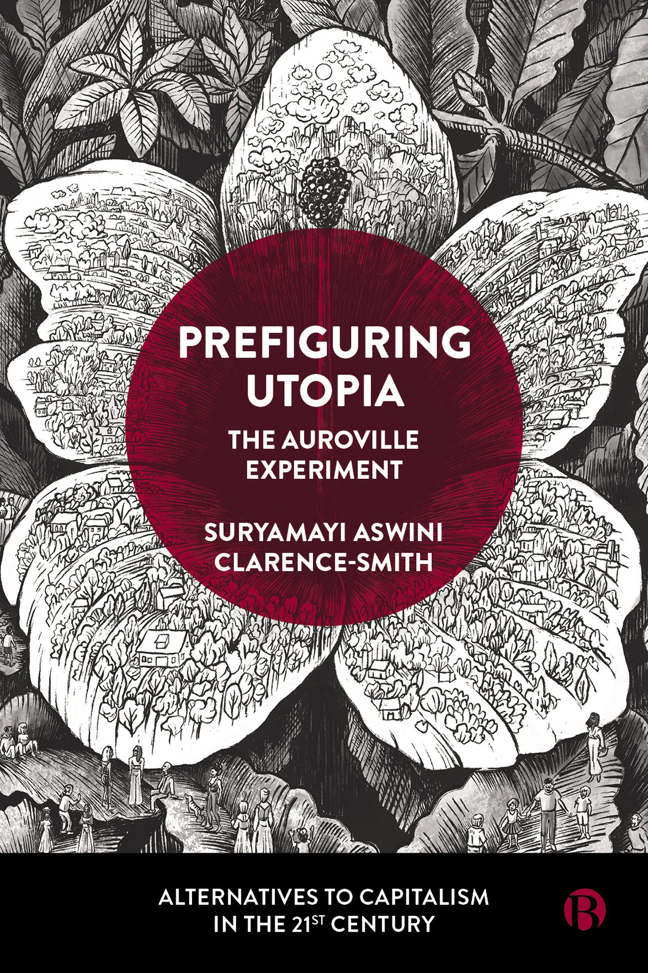Book contents
- Frontmatter
- Dedication
- Contents
- List of Figures and Tables
- Glossary
- About the Author
- Acknowledgements
- Foreword
- 1 All Life is Yoga: An Introduction
- PART I Culture
- PART II Polis
- PART III Economy
- Afterword
- Appendix A A Dream (The Mother, 1954)
- Appendix B The Auroville Charter (The Mother, 1968)
- Appendix C To Be a True Aurovilian (The Mother, 1971)
- Notes
- References
- Index
Appendix A - A Dream (The Mother, 1954)
Published online by Cambridge University Press: 24 January 2024
- Frontmatter
- Dedication
- Contents
- List of Figures and Tables
- Glossary
- About the Author
- Acknowledgements
- Foreword
- 1 All Life is Yoga: An Introduction
- PART I Culture
- PART II Polis
- PART III Economy
- Afterword
- Appendix A A Dream (The Mother, 1954)
- Appendix B The Auroville Charter (The Mother, 1968)
- Appendix C To Be a True Aurovilian (The Mother, 1971)
- Notes
- References
- Index
Summary
There should be somewhere on earth a place which no nation could claim as its own, where all human beings of goodwill who have a sincere aspiration could live freely as citizens of the world and obey one single authority, that of the supreme Truth; a place of peace, concord and harmony where all the fighting instincts of man would be used exclusively to conquer the causes of his sufferings and miseries, to surmount his weaknesses and ignorance, to triumph over his limitations and incapacities; a place where the needs of the spirit and the concern for progress would take precedence over the satisfaction of desires and passions, the search for pleasure and material enjoyment. In this place, children would be able to grow and develop integrally without losing contact with their souls; education would be given not for passing examinations or obtaining certificates and posts but to enrich existing faculties and bring forth new ones. In this place, titles and positions would be replaced by opportunities to serve and organise; the bodily needs of each one would be equally provided for, and intellectual, moral and spiritual superiority would be expressed in the general organisation not by an increase in the pleasures and powers of life but by increased duties and responsibilities. Beauty in all its artistic forms, painting, sculpture, music, literature, would be equally accessible to all; the ability to share in the joy it brings would be limited only by the capacities of each one and not by social or financial position. For in this ideal place money would no longer be the sovereign lord; individual worth would have a far greater importance than that of material wealth and social standing. There, work would not be a way to earn one's living but a way to express oneself and to develop one's capacities and possibilities while being of service to the community as a whole, which, for its own part, would provide for each individual's subsistence and sphere of action. In short, it would be a place where human relationships, which are normally based almost exclusively on competition and strife, would be replaced by relationships of emulation in doing well, of collaboration and real brotherhood.
- Type
- Chapter
- Information
- Prefiguring UtopiaThe Auroville Experiment, pp. 153 - 154Publisher: Bristol University PressPrint publication year: 2023



